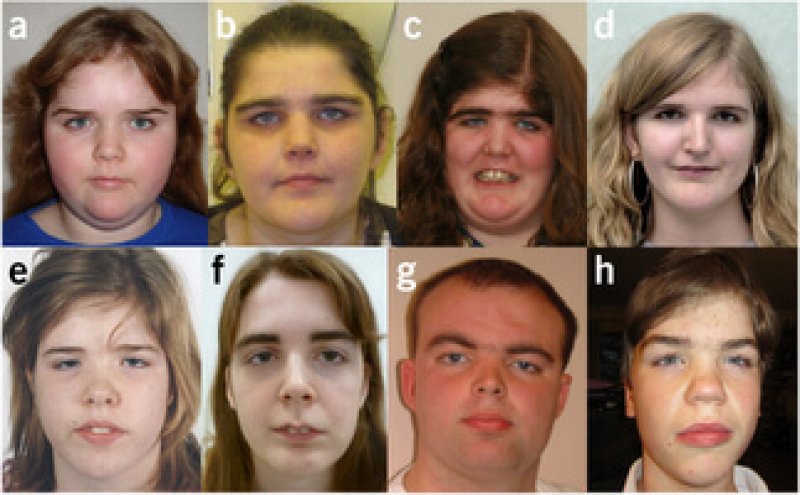Researchers have undertaken the world’s largest genetic study of childhood overgrowth syndromes – providing new insights into their causes, and new recommendations for genetic testing.
Scientists at The Institute of Cancer Research, London, found many of the children with overgrowth syndromes had mutations in one of 14 different genes.
They also showed that many of the overgrowth genes are also involved in driving cancer growth, though intriguingly, the types of mutations involved in promoting human growth and cancer growth are often different.
Importantly, the study showed that the major genes causing overgrowth syndromes are involved in epigenetic regulation, which means they control how and when other genes will be switched on and off.
Mutations in epigenetic regulation genes were the cause of overgrowth in 44 per cent of the children in the study, which is published [May 4] in the American Journal of Human Genetics.
Study leader, Professor Nazneen Rahman, Head of Genetics at The Institute of Cancer Research, London, and The Royal Marsden Hospital NHS Foundation Trust, said:
“The control of growth is a fundamental process important in development and many diseases, including cancer. We are pleased our work has provided both new insights into the mechanisms that control growth and new strategies by which genetic testing can be used efficiently to diagnose children with overgrowth syndromes.”
[Read the full study here.]The GLP aggregated and excerpted this blog/article to reflect the diversity of news, opinion, and analysis. Read full, original post: Genetics of childhood ‘overgrowth’ unraveled































